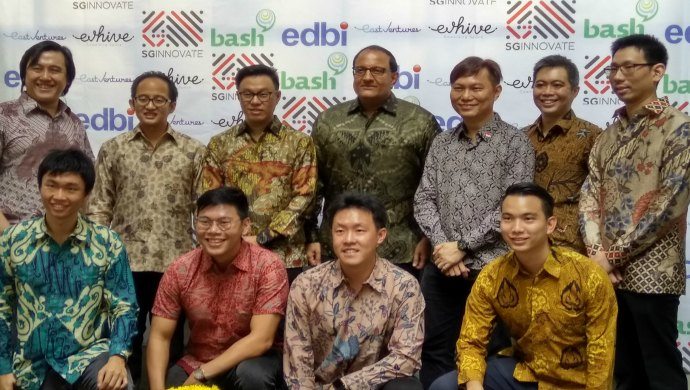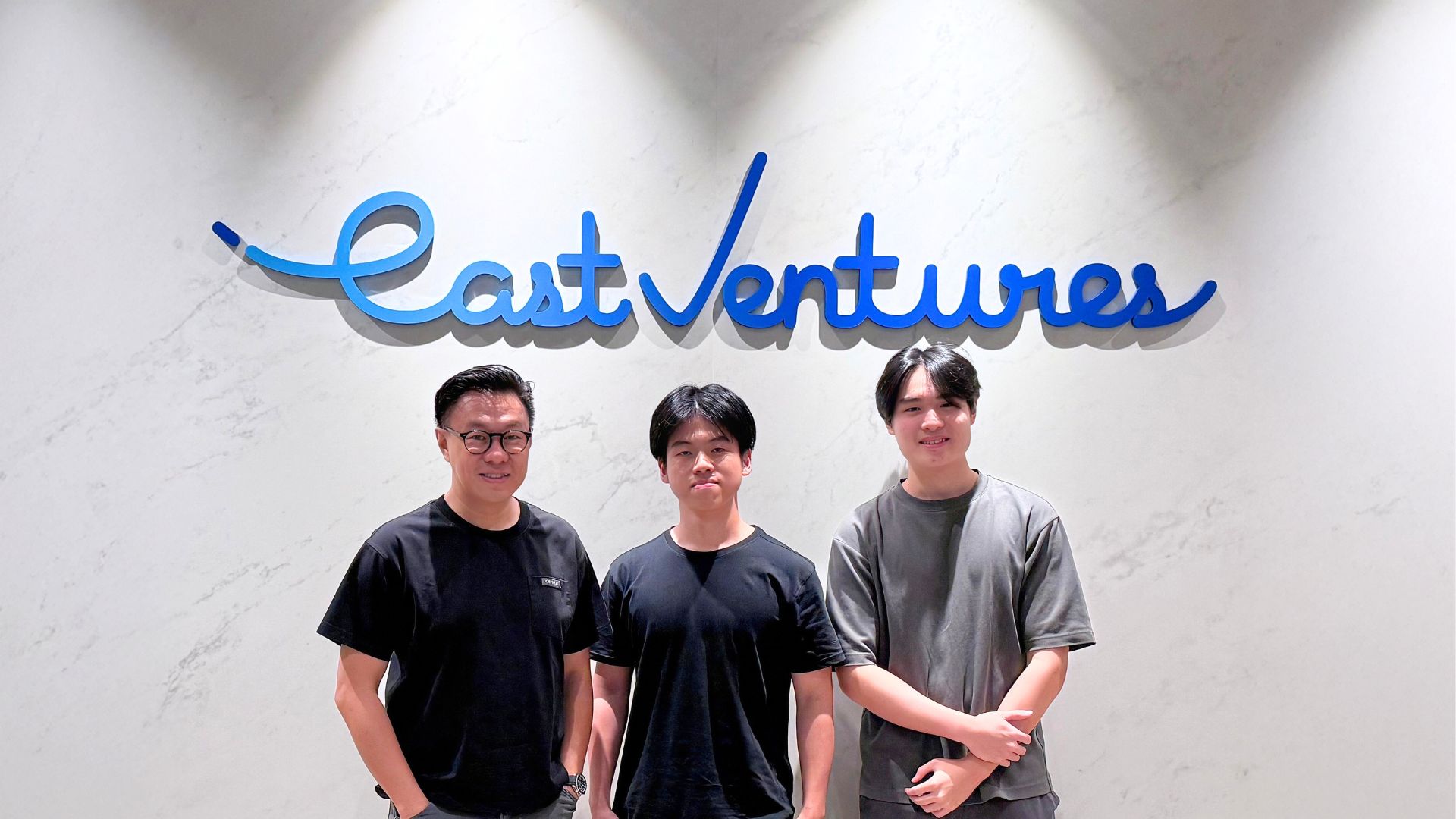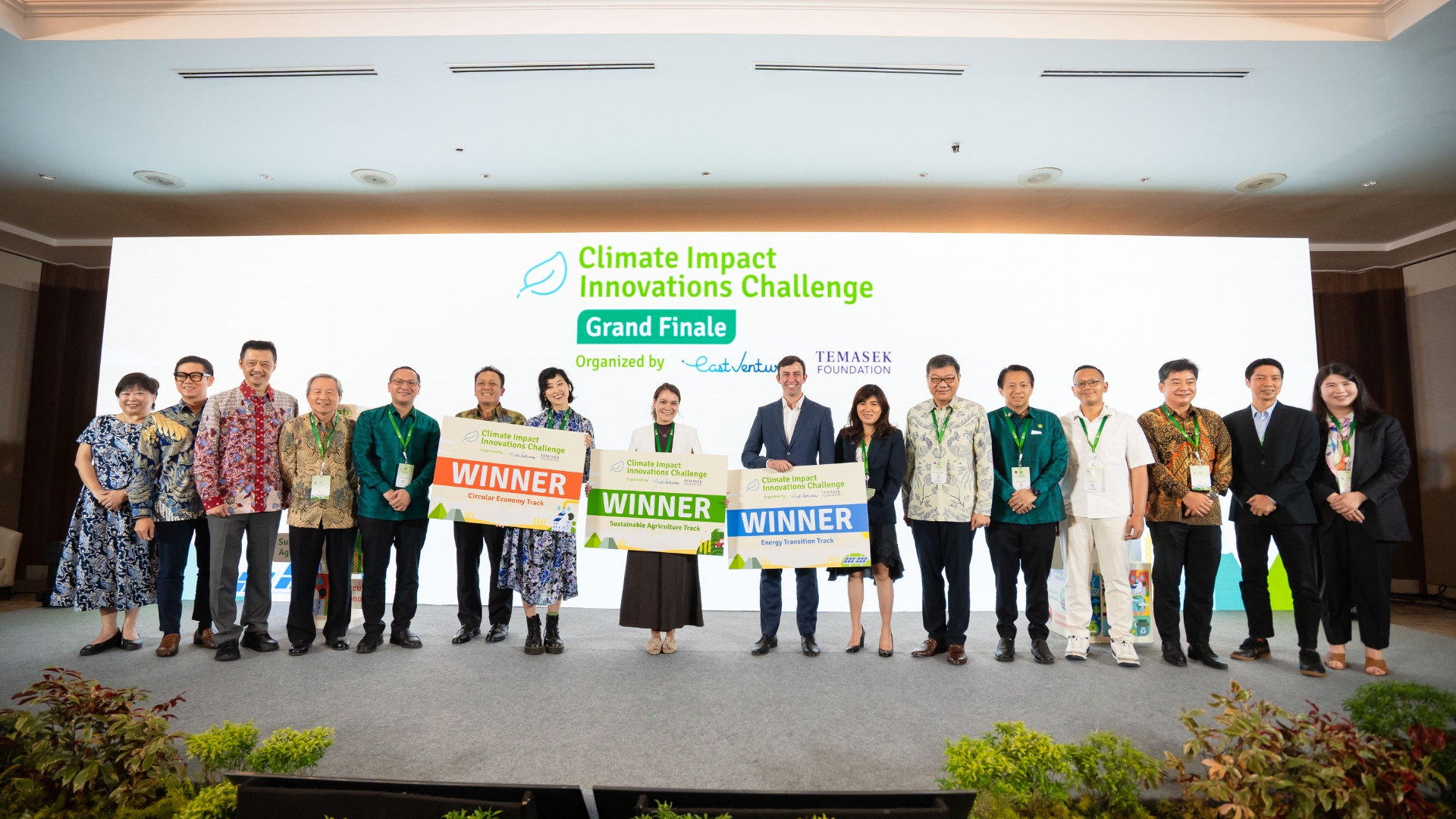East Ventures, SGInnovate Team Up to Build Access for Startups
25 April 2017
Indonesia-focused venture capital fund East Ventures and Singapore government agency SGInnovate today announced a partnership to foster stronger regional access for startups based in the two countries.
The partnership will be conducted through East Ventures’ own coworking space EV Hive and SGInnovate’s own startup space BASH.
Through the partnership, Indonesian startups looking to can use BASH as a “landing pad” for their regional expansion, and regional startups based in Singapore may also use EV Hive to enter the Indonesian market.
The partnership will also include more programs for talent and knowledge-sharing.
East Ventures portfolio companies and startups in EV Hive also have the opportunity to leverage support from EDBI, the global investment arm of SIngapore Economic Development Board.
The support will be focussed on startups in later stage, such as Series B and beyond, in their regional expansion plan.
“When growth stage companies from Indonesia are ready to expand internationally … they can leverage EDBI’s network to access global partners and business opportunities,” said East Ventures Managing Partner Willson Cuaca in a press statement.
“Meanwhile, Singapore startups that are keen to participate in the growth of the Indonesian digital sector can leverage EV Hive to do so,” he added.
EV Hive currently manages two cowering spaces in South Jakarta and BSD, and has facilitated the development of 36 companies. The list also includes six companies originating from Singapore, such as Glints.
It is looking forward to build up to seven spaces by end of year, including a coworking space for fintech startups as a result of a collaboration with local banks.
When asked about the challenges faced by Singapore-based startups looking to enter Indonesia, SGInnovate Head Dr. Alex Lin cited different culture and environment as the key challenges.
“Without a local help, it will be very, very difficult,” he said.
Cuaca then added that startups should look at Singapore as “the best case scenario” while Indonesia as “the worst case scenario.”
“In Singapore, the bus is always on-time and the phone is always working … In Indonesia, there is traffic jam once you walk out of this building and maybe your phone is not working. Things that you have built in Singapore, they may not be imported exactly as it is to Indonesia,” he said.
“There’s a lot of localisation involved,” he stressed.
Source: e27








